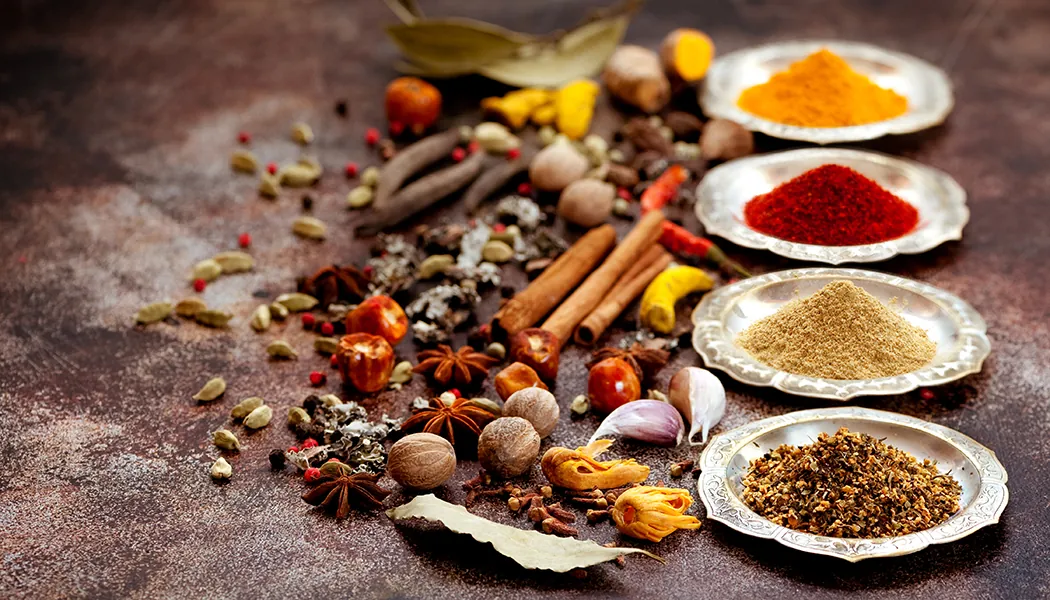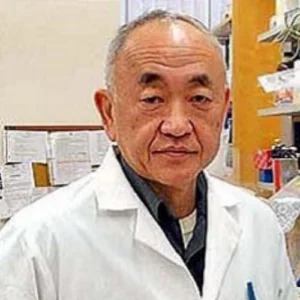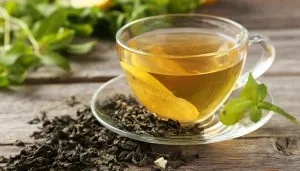Can Herbs and Spices Treat Cancer?

In celebration of National Herbs and Spices Day, we’ll discover how herbs and spices benefit one’s health, particularly related to the body’s battle against cancer and overall cancer prevention.
It has long been believed that herbs and spices offer far more than delicious flavor. Cultures around the world have used herbs and spices for a large array of activities, from medical treatment to religious practices. In fact, it was spices that inspired Spanish explorers to travel west and accidentally discover what is now known as America. These everyday ingredients have an aura of magic and mystery surrounding them, leaving many people to wonder what kinds of healing properties lie within. With June 10th being named National Herbs and Spices Day, there is no better time to unmask the mystery and discover just how herbs and spices can influence one’s health.
While many herbs and spices have positive health associations some have particular associations with cancer. These ten herbs and spices have been found to reduce one’s risk of cancer and are a great addition to one’s diet. While a great start to a healthy diet, it is important to remember that herbs and spices are not suitable to replace regular screenings or prevention measures such as reducing tobacco usage.
- Turmeric
Turmeric contains curcumin, which gives curry powder its yellow color. Curcumin is considered one of the most powerful anti-inflammatories in the world today. Anti-inflammatories have a positive impact on cancer prevention by counteracting the network of blood vessels that feed cancerous cells. Turmeric has a mild and pleasant flavor, and can be used as a dry rub or as an addition to soups.
- Garlic
Garlic contains a chemical called organosulfur compounds. Organosulfur has immune-strengthening and anti-carcinogenic qualities that may reduce or hinder the development of tumors. Garlic has a strong flavor, meaning a small addition to vegetables or meat can make a delicious difference.
- Ginger
Whether fresh or dried, ginger contains great antioxidants and has anti-inflammatory properties. Ginger has a strong taste and is a versatile herb. Try adding a small amount to fruit smoothies or juices, teas, or rice.
- Black Pepper
A study conducted by scientists at the University of Michigan Comprehensive Cancer and published in the journal Breast Cancer Research and Treatment, found pepper along with turmeric — inhibited the growth of cancerous stem cells of breast tumors.
- Cayenne Pepper
At the university of California, a study found capsaicin, a powerful antioxidant found in cayenne pepper, stifled the growth of prostate cancer cells. In some instances, capsaicin may even be able to kill cancer cells. Cayenne pepper comes with a kick but, for those who enjoy spice, can be used on popcorn, dry rubs, or even eggs.
- Allspice
Allspice is another spice that boasts anti-inflammatory properties. It has a deep, warm flavor that is often found in soups, chai teas, and even spicy desserts like gingerbread.
- Oregano
Oregano contains carvacrol, a molecule that may help offset the spread of cancer cells by working as a natural disinfectant. This herb is often found in classic Italian dishes such as pizza and pasta.
- Saffron
Though saffron comes with a hefty price tag, it contains water-soluble carotenoids called crocins. Crocins may inhibit tumor growth and progression of cancer. Because of its price, saffron is typically used in small amounts. The spice is particularly tasty when added to rice and curries.
- Thyme
Much like oregano, thyme also contains carvacrol. Thyme is a welcome addition to potatoes, rice dishes, vegetables, soups, and sauces.
- Lavender
Some studies have identified properties in lavender that may be helpful against cancer. A compound within lavender called POH showed some benefit in palliative care patients with recurrent gliomas. Lavender is becoming increasingly popular in desserts but is also an easy and delicious addition to tea.

The National Foundation for Cancer Research supports innovative research into new and unique ways to fight cancer. One of our supported projects that is progressing quickly into drug development is led by NFCR researcher Yung-Chi Cheng, Ph.D., and if clinical trials continue to be successful, it will become the first purely botanical drug to be approved for treatment in the United States. Read more about Dr. Yung-Chi Cheng’s Research Breakthrough!
Sign-up to Stay Connected:
A world without cancer is possible. Help us turn lab breakthroughs into life-saving realities.

5.7 Million+
Donors who have fueled NFCR’s mission

$420 Million+
Invested in high-impact research & programs

36+ Labs & Hundreds of
Nobel Laureates & Key Scientists received NFCR funding, driving breakthrough research
















